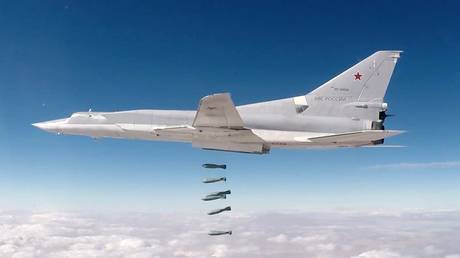ARTICLE AD BOX
Israel's military on Wednesday said an Israeli woman's first-hand account of sexual assault in Gaza captivity requires international "pressure" on Palestinian group Hamas to free the remaining hostages.
A UN report in early March found "reasonable grounds to believe" rapes were committed by Hamas who stormed southern Israel on October 7, in a deadly attack that triggered the ongoing war, and that hostages taken to Gaza have also been raped.
Israeli officials and groups have also relayed evidence of sexual violence during the unprecedented Hamas-led attack, but Amit Soussana's testimony published Tuesday by the New York Times appears to be the first time a survivor has spoken out publicly.
Soussana, an Israeli lawyer who was released during a one-week truce in November, told the US newspaper she was abducted from Kfar Aza near the Gaza border and taken to the Hamas-ruled territory, where one of her captors forced her "to commit a sexual act on him".
"He sat me on the edge of the bath. And I closed my legs. And I resisted. And he kept punching me and put his gun in my face," Soussana told the New York Times.
"Then he dragged me to the bedroom."
In a statement early Wednesday, military spokesman Rear Admiral Daniel Hagari said the reported abuse "is a wake up call to the world to act, to do everything and pressure Hamas, to free our hostages."
The non-governmental Association of Rape Crisis Centers in Israel said on social media platform X that Soussana's "heart-wrenching testimony compels the world to act".
"The Israeli government and world government must do whatever it takes to bring home" the remaining hostages, it said.
Soussana is one of about 250 Israeli and foreign hostages seized during the October 7 attack. Israel believes about 130 remain in the Gaza Strip, including 33 who are presumed dead.
According to an AFP tally, at least 14 women are among the remaining captives.
'Stand with victims'
Hamas, which has long denied its operatives had committed acts of sexual violence, cast doubt over Soussana's account in a response to the New York Times, and said an inquiry was impossible in "the current circumstances."
The report noted that her "personal account... is consistent with what she told two doctors and a social worker less than 24 hours after she was freed", and that the newspaper has "agreed not to disclose the specifics".
Soussana said that during her 55-day captivity, she was held in underground tunnels and a private home, and recounted beatings, threats at gun point and being chained to a bed.
"You're there with him and you know that every moment it can happen again," Soussana said of the man she accuses of assaulting her. "You're completely dependent on him."
Israeli President Issac Herzog wrote on X that "the whole world has a moral duty to stand with Amit -- and all the victims -- in condemning Hamas's brutal terror, and in demanding the immediate return of all the hostages."
The United Nations Security Council, in its first resolution since the start of the Israel-Hamas demanding an "immediate ceasefire", also demanded on Monday the release of hostages.
The United States, which had vetoed previous resolutions, abstained, drawing an angry rebuke from Israel.
(Except for the headline, this story has not been edited by NDTV staff and is published from a syndicated feed.)
.png)
 8 months ago
4
8 months ago
4








 English (US)
English (US)